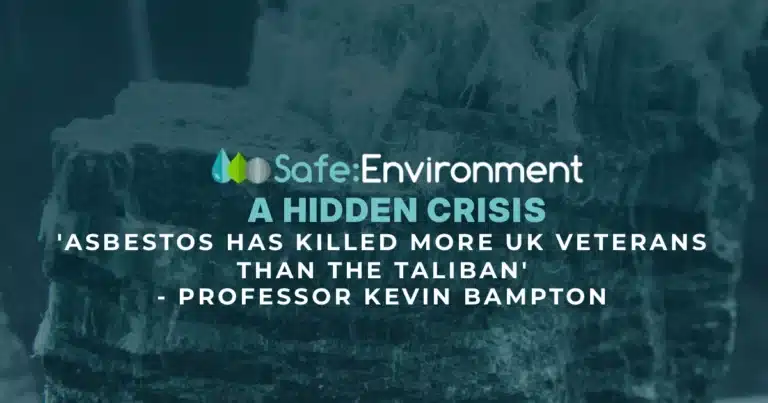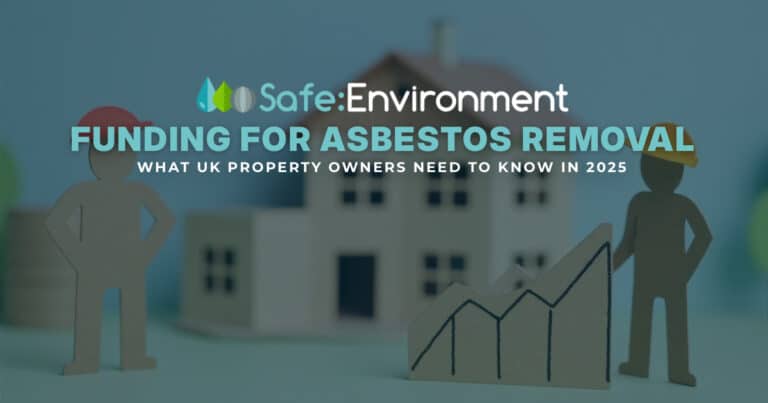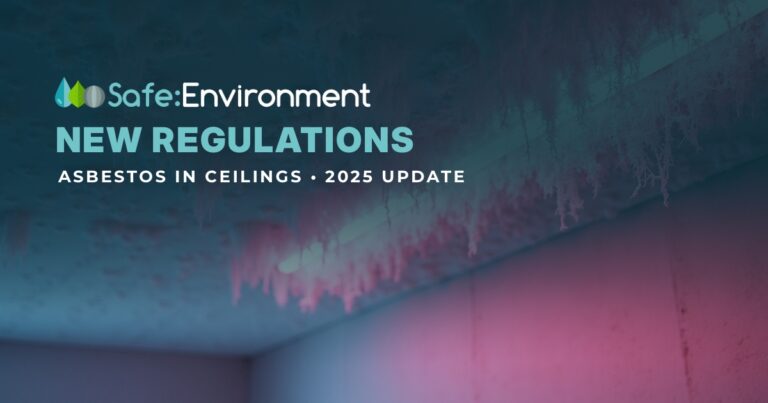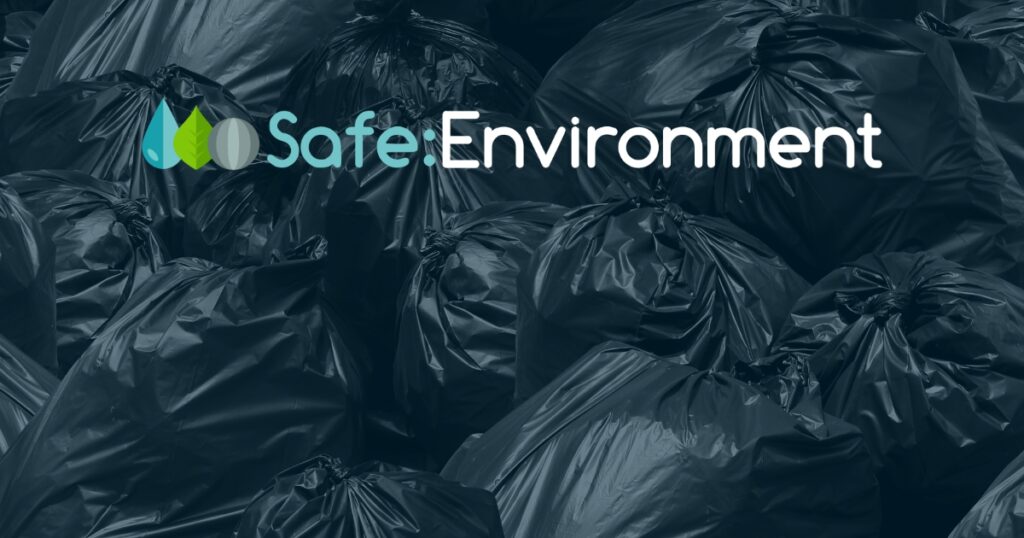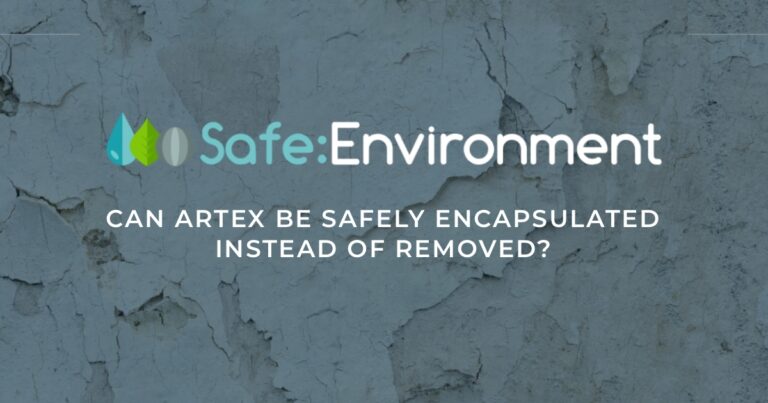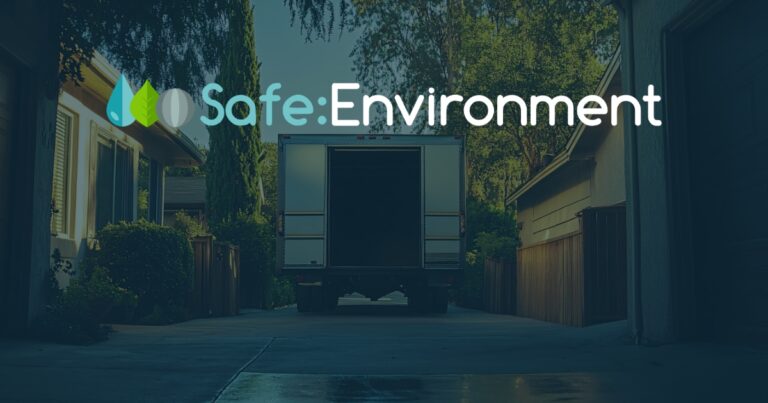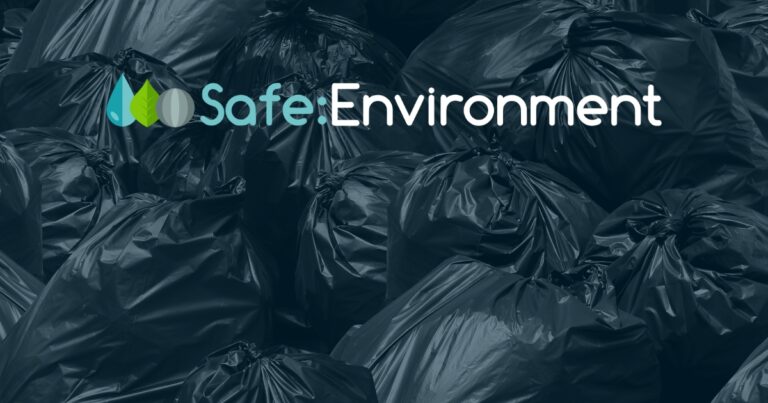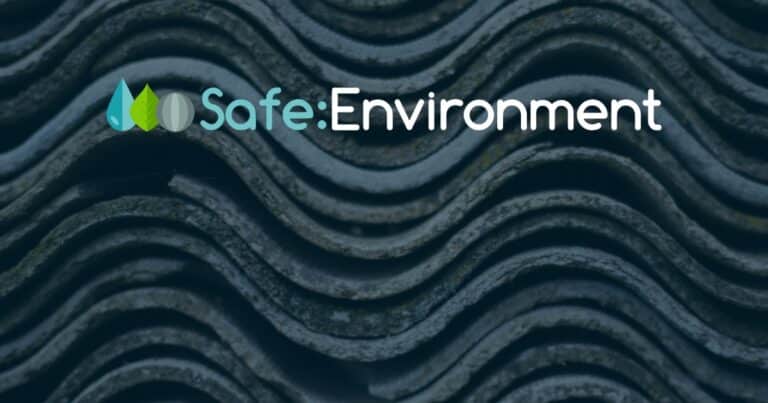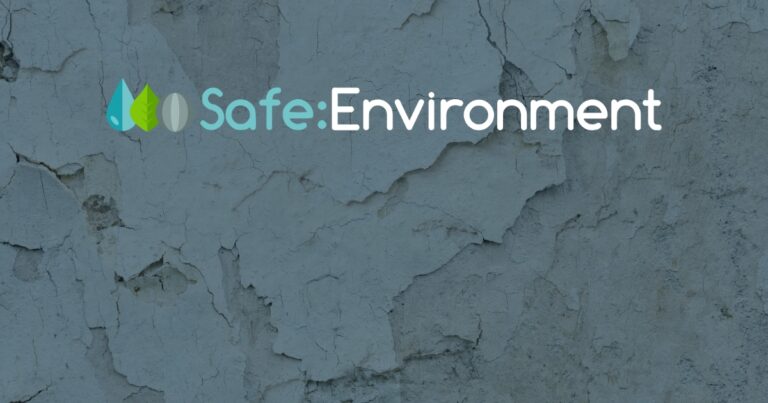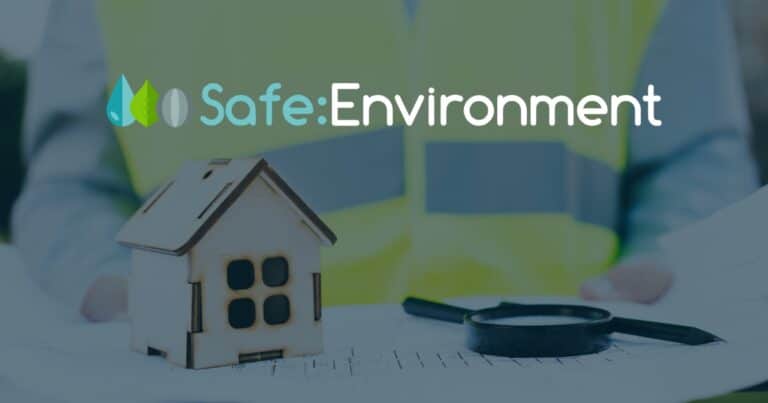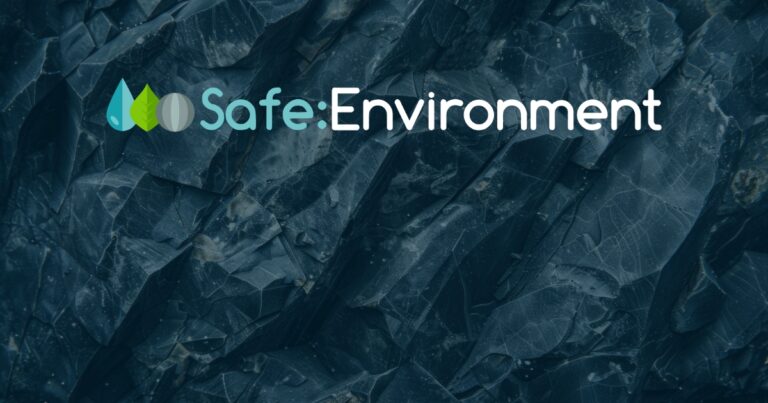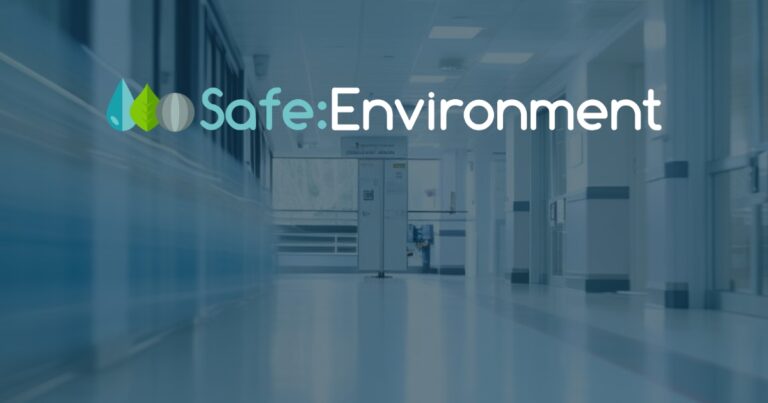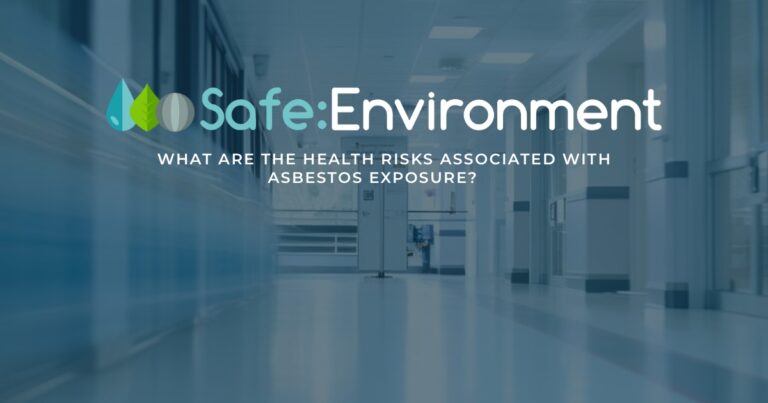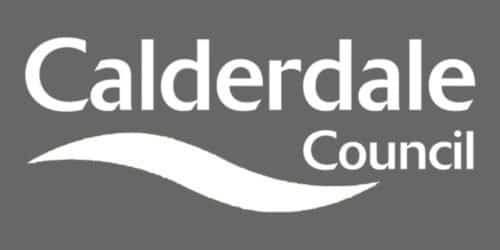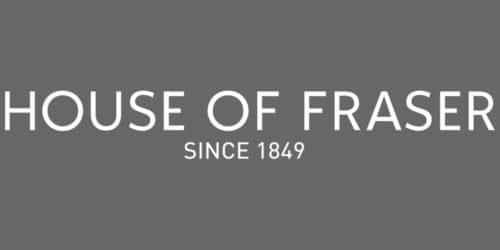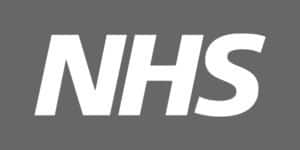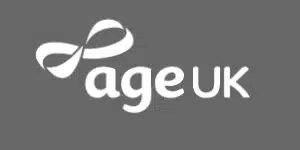In the UK, general waste collections are meant for non-recyclable, non-hazardous household or commercial waste—essentially the everyday rubbish that can’t be reused or recycled. However, there are strict guidelines set by local councils and national environmental agencies regarding what can not be placed in your general waste bin.
At Safe:Environment, we’re committed to helping you manage your waste responsibly and in full compliance with UK waste regulations. Disposing of restricted items in your general waste could lead to contamination issues, fines, or even prosecution, especially for businesses.
Here’s a comprehensive list of items not allowed in general waste collections in the UK:
1. Hazardous Waste
Under the UK’s Hazardous Waste Regulations 2005, certain materials are classified as hazardous and must be handled through specialist disposal services. These include:
- Paints and solvents (including old tins of emulsion or gloss)
- Asbestos materials (even small amounts)
- Chemicals like bleach, weed killer, and cleaning fluids
- Batteries, including household, car, and lithium-ion types
- Energy-saving light bulbs and fluorescent tubes
These items can pose a risk to public health and the environment if disposed of incorrectly.
2. Electrical and Electronic Equipment (WEEE)
The UK WEEE Regulations require electrical and electronic waste to be collected separately. You must not place the following in your general waste bin:
- TVs, monitors, and computer equipment
- Fridges and freezers
- Toasters, kettles, and microwaves
- Mobile phones, tablets, and other gadgets
Retailers often offer take-back schemes, or you can use a designated WEEE collection service.
3. Clinical and Medical Waste
Medical waste should never be disposed of in general rubbish due to contamination risks. Prohibited items include:
- Used needles and syringes (sharps)
- PPE contaminated with bodily fluids
- Prescription medication
- Dressings and sanitary products from healthcare settings
NHS services or specialist contractors can provide proper disposal options.
4. Construction and DIY Waste
General waste bins are not suitable for building materials or heavy waste from DIY projects. Items that must be excluded include:
- Plasterboard
- Bricks, tiles, and rubble
- Wood, metal, and insulation
- Old kitchen units, sinks, or bathtubs
These materials should be taken to a licensed waste transfer station or arranged via a dedicated skip hire service.
5. Liquids, Oils, and Fuels
General waste collections are not equipped to handle any type of liquid. The following are strictly not permitted:
- Cooking oil or fat
- Motor oil or brake fluid
- Paints and varnishes
- Petrol, diesel, or other fuels
Check with your local council’s household waste recycling centre (HWRC) for correct disposal points.
6. Tyres, Car Parts, and Gas Canisters
These items require specialist recycling and disposal routes:
- Car tyres
- Vehicle batteries or parts
- Propane/butane gas bottles
- Fire extinguishers
Some local recycling centres or garages offer collection services for these items.
7. Garden Waste (in some areas)
In many local authority areas, garden waste such as grass cuttings, branches, and soil must go in a separate green bin or garden waste service—not general waste. Always check your council’s guidelines.
Why it matters
Disposing of the wrong items in general waste isn’t just bad for the environment—it can result in contaminated loads, rejected collections, extra costs, and potential fines under UK environmental law. Businesses also have a legal Duty of Care to manage waste responsibly under the Environmental Protection Act 1990.
At Safe:Environment, we offer expert guidance and tailored waste management solutions to help you stay compliant with legal regulations and eco-friendly. Whether you’re a household, business, or construction site, we’ll help ensure your waste is sorted, collected, and processed the right way in a timely manner.
Unsure what goes where? Please contact Safe:Environment for friendly, professional advice and dependable waste removal services across the UK.


